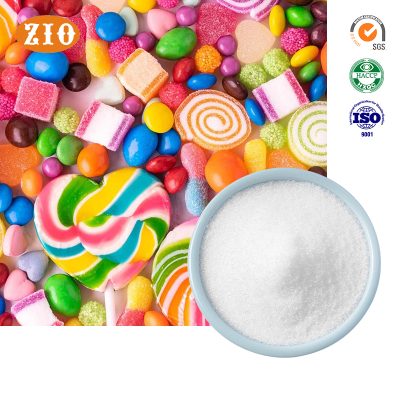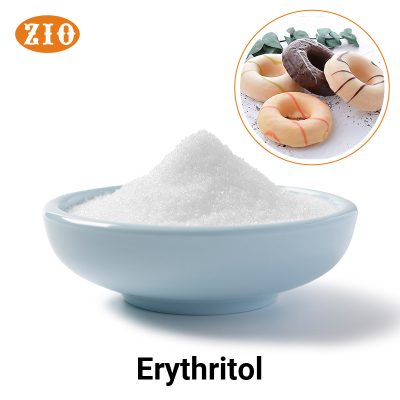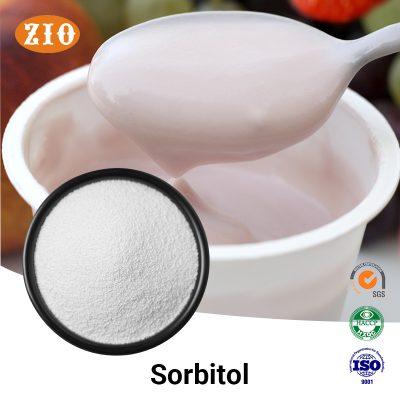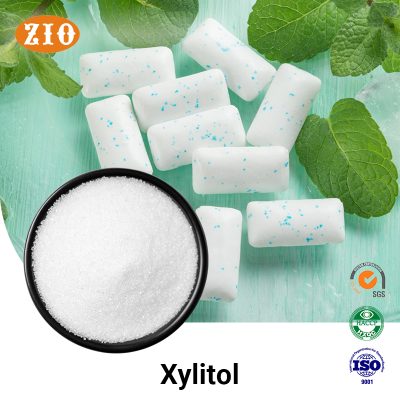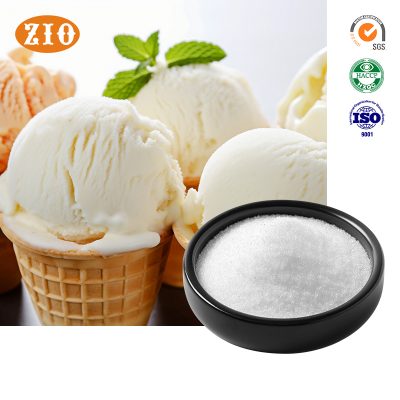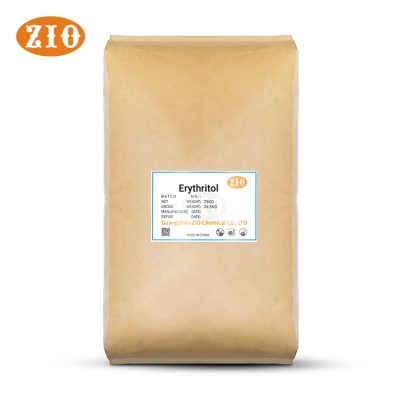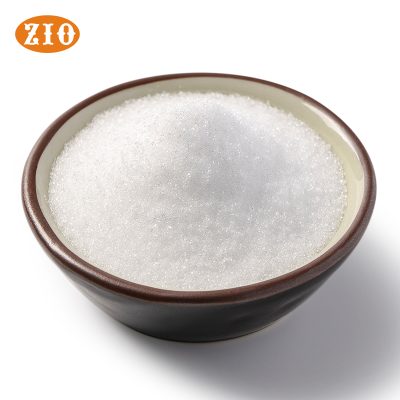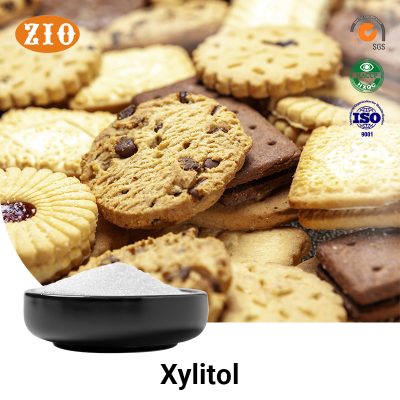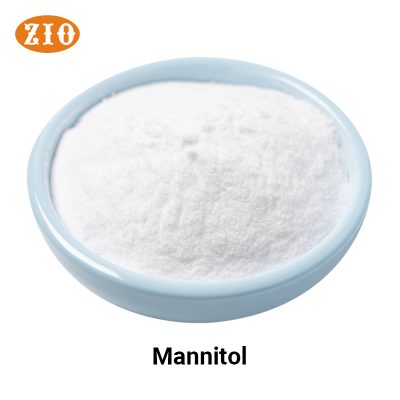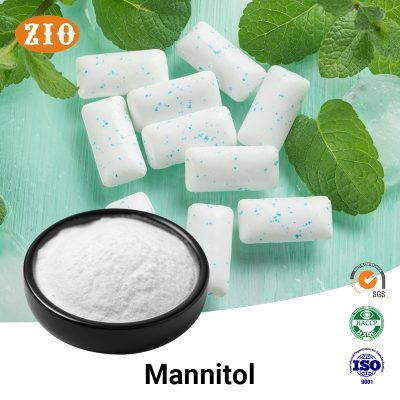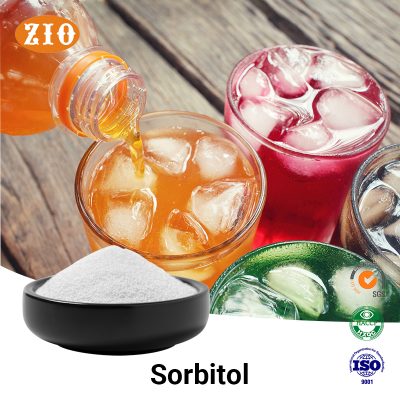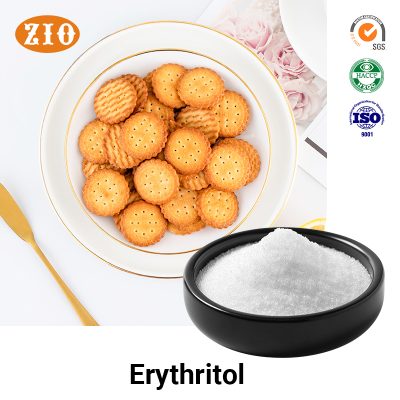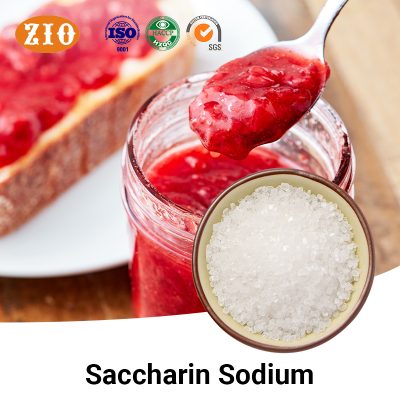Introduction
Obesity is closely linked to chronic diseases, and sweeteners play a critical role as sugar substitutes in controlling calorie intake. This article analyzes the impact of sweeteners on weight, practical strategies, and precautions.
1. How Sweeteners Affect Weight
- Reduce calorie intake: replace sucrose to lower overall energy consumption
- Appetite regulation: some sweeteners may influence satiety through brain taste perception
- Psychological compensation: some people may consume more high-calorie foods after using sweeteners
2. Sweetener Types and Effects
1. Zero-Calorie Artificial Sweeteners
- Aspartame, sucralose, Acesulfame K
- Extremely low in calories, help reduce overall energy intake
2. Sugar Alcohols
- Erythritol, xylitol, maltitol
- Low-calorie, similar texture to sugar
- Excessive use may cause bloating
3. Natural Sweeteners
- Stevia, monk fruit
- Zero or low-calorie, suitable for weight management
3. Usage Strategies
- Replace, don’t add extra: use sweeteners instead of sugar, not in addition
- Control total intake: avoid compensatory overeating
- Combine with healthy diet: high-protein and high-fiber foods enhance satiety
4. Precautions
- Children, pregnant women, and special populations should use sweeteners in moderation
- Excess sugar alcohols may cause gastrointestinal discomfort
5. Conclusion
Sweeteners are effective tools for calorie control and weight management, but scientific use is essential. Combined with a healthy diet and lifestyle, they can help achieve weight management goals.


 TOP5 citric acid products sold in china by 2024
TOP5 citric acid products sold in china by 2024




